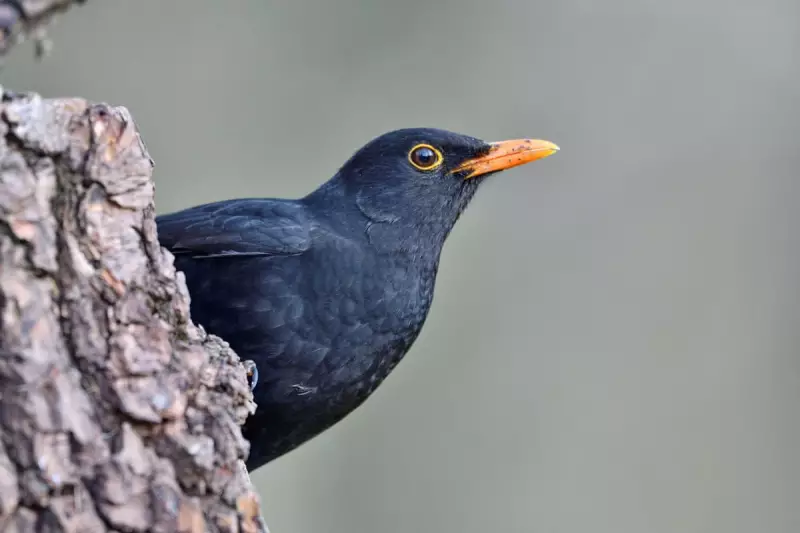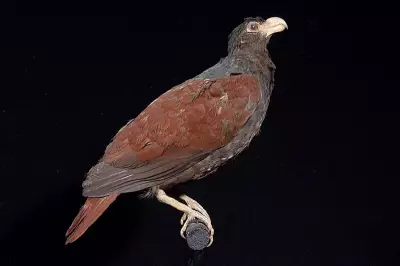
Insect-eating bird populations in France are showing the first signs of recovery following Europe's ban on bee-harming pesticides, according to groundbreaking research. The study reveals a modest but significant increase in numbers of species like blackbirds, blackcaps and chaffinches since neonicotinoids were prohibited.
The Turning Point: Europe's Pesticide Ban
In 2018, the European Union implemented a landmark ban on neonicotinoids - the world's most common class of insecticides used in agriculture and pet flea control. French researchers have now documented the environmental consequences of this decision, analysing data from more than 1,900 monitoring sites across France.
Thomas Perrot, lead researcher from the Fondation pour la recherche sur la biodiversité in Paris, stated: "Our results clearly point to neonicotinoid bans as an effective conservation measure for insectivorous birds." The research, published in Environmental Pollution, compared bird population data from 2013-2018 (before the ban) with figures from 2019-2022 (after the ban).
Modest Recovery Signals Hope
The findings show that France's population of insect-eating birds increased by 2%-3% by 2022, just four years after the prohibition. This represents the first documented evidence of wildlife returning following pesticide restrictions in Europe.
Researchers discovered that bird numbers at pesticide-treated sites were 12% lower compared with areas where neonicotinoids weren't used. The study examined 57 bird species across 2km by 2km squares monitored by skilled volunteer ornithologists for the French Breeding Bird Survey.
Frans van Alebeek from BirdLife Netherlands, who wasn't involved in the research, expressed surprise at the speed of recovery: "I was surprised you could already see recovery. It's extremely difficult to study this - which makes this study so special."
Long Road to Full Recovery
Despite these encouraging signs, researchers caution that complete population restoration could take several decades. Perrot explained: "Neonicotinoids persist in soils for years and can keep affecting insects. Overall, our results suggest that it will take several decades for insectivorous bird populations to recover."
This timeline aligns with historical patterns observed after other pesticide bans, such as DDT, where bird populations typically required 10 to 25 years for full recovery.
The research also highlighted that generalist birds like wood pigeons and house sparrows appeared less affected, likely because they have more flexible diets and don't rely exclusively on insects.
Other scientists urged caution in interpreting the results. James Pearce-Higgins, director of science at the British Trust for Ornithology, noted that habitat and climate changes could also explain variations in bird numbers, making definitive conclusions challenging.
The study's publication comes against a backdrop of concerning global trends. The United States, where neonicotinoids remain widely used, has lost nearly 3 billion insectivorous birds since the 1970s.
Perrot emphasised that more sustainable farming practices, reducing pesticides and restoring semi-natural habitats, would accelerate bird population recovery. He warned: "But if agriculture keeps focusing on maximum yields instead of sustainability, we'll keep seeing the same declines."





